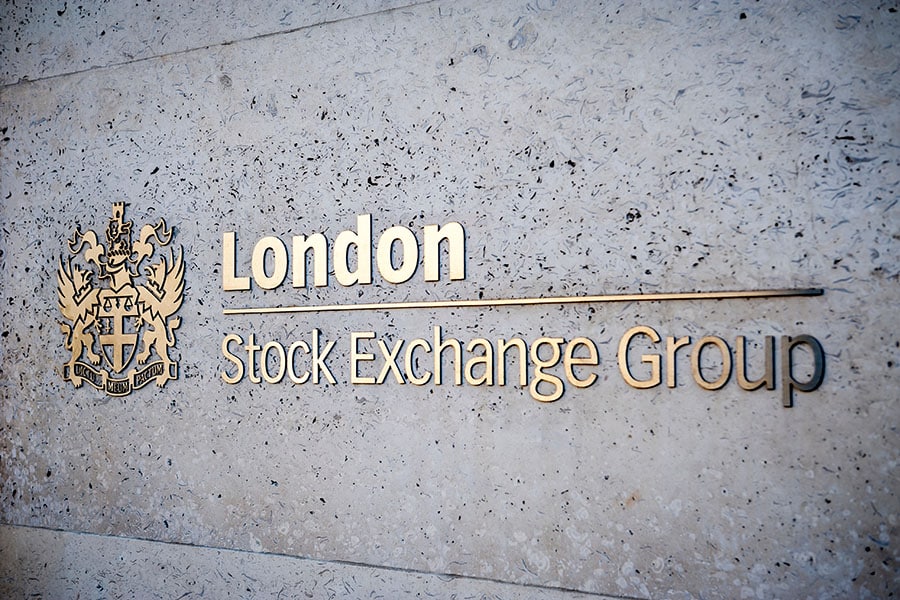
London Stock Exchange Plans Blockchain-Powered Marketplace for Traditional Assets
London Stock Exchange to transform traditional asset trading using blockchain, with a focus on efficiency, transparency, and auditability
 Image: Shutterstock
Image: Shutterstock
The London Stock Exchange Group (LSE) is embarking on a groundbreaking journey to introduce blockchain technology to the world of traditional asset trading. This move positions LSE as the first major global exchange to explore blockchain's potential for revolutionising the trading of assets like stocks, bonds, and commodities.
Blockchain technology, renowned for powering cryptos like Bitcoin and Ethereum, will play a pivotal role in optimising the trading of traditional financial assets on the LSE platform. Murray Roos, Head of Capital Markets at LSE Group, revealed that the company has meticulously evaluated blockchain's trading capabilities for over a year, as per a Financial Times report. Julia Hoggett, the leader of the London Stock Exchange unit within the group, will spearhead this ambitious project, establishing a specialised business group to drive it forward.
LSE, on par with giants such as the New York Stock Exchange and Nasdaq, envisions employing digital technology to create a more efficient, transparent, and cost-effective trading process while maintaining rigorous regulation. Blockchain technology facilitates the "tokenisation" process, where assets are represented as crypto assets or tokens on the blockchain. This enables tracking of transactions on a tamper proof digital ledger, ensuring auditability.
LSE Group's decision to adopt blockchain for traditional asset trading is rooted in its aim to provide a seamless trading experience. Blockchain proponents highlight its ability to standardise global transactions, with identical tokens and near-instant transaction times, simplifying cross-border exchanges that would be complex and require heavy paperwork in traditional systems.
LSE Group collaborates with regulators in multiple jurisdictions, including the UK Treasury, to facilitate this global platform's development. This initiative aims to create a unified platform where participants from different jurisdictions can interact while adhering to respective rules and regulations.





